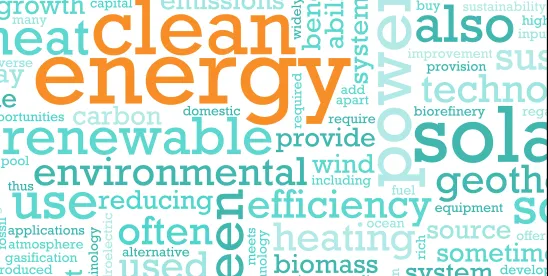Earlier this month, President Trump issued an executive order that sought to target actions undertaken by individual U.S. states to combat climate change, for the stated purpose of ensuring “American energy dominance.” Specifically, the executive order took issue with the following actions, among others: (1) “State and local governments seek[ing] to regulate energy beyond their constitutional or statutory authorities”; (2) “States target[ing] or discriminat[ing] against out-of-State energy producers”; (3) “States subject[ing] energy producers to arbitrary or excessive fines through retroactive penalties”; (4) “enacting[] burdensome and ideologically motivated ‘climate change’ or energy policies”; (5) “States . . . dictat[ing] national energy policy”; and (6) “su[ing] energy companies for supposed ‘climate change’ harm under nuisance or other tort regimes that could result in crippling damages.” In other words, this executive order targeted the entire range of legal actions embraced by climate activists--ranging from collaborating with friendly state governments to enact regulations to strategic tort litigation--in an effort to have the federal government stymie such activities.
While the executive order identifies a particular course of action that the executive will pursue--namely, that the “Attorney General . . . shall identify all State and local laws, regulations, causes of action, policies, and practices . . . that are or may be unconstitutional, preempted by Federal law, or otherwise unenforceable” and “take all appropriate action to stop the[ir] enforcement”--it is not clear that the ultimate impact of this executive order will ultimately be meaningful. The executive branch does not possess the unilateral power to terminate civil lawsuits brought by private parties in the courts, nor can the federal government simply override state governments without clear and express authority to do so, as per the U.S. Constitution. Nonetheless, while the practical impact may be negligible, this executive order sends a strong signal--albeit confirmatory--of the policy priorities of the second Trump Administration.
(a) The Attorney General, in consultation with the heads of appropriate executive departments and agencies, shall identify all State and local laws, regulations, causes of action, policies, and practices (collectively, State laws) burdening the identification, development, siting, production, or use of domestic energy resources that are or may be unconstitutional, preempted by Federal law, or otherwise unenforceable. The Attorney General shall prioritize the identification of any such State laws purporting to address “climate change” or involving “environmental, social, and governance” initiatives, “environmental justice,” carbon or “greenhouse gas” emissions, and funds to collect carbon penalties or carbon taxes. (b) The Attorney General shall expeditiously take all appropriate action to stop the enforcement of State laws and continuation of civil actions identified in subsection (a) of this section that the Attorney General determines to be illegal.




 />i
/>i

